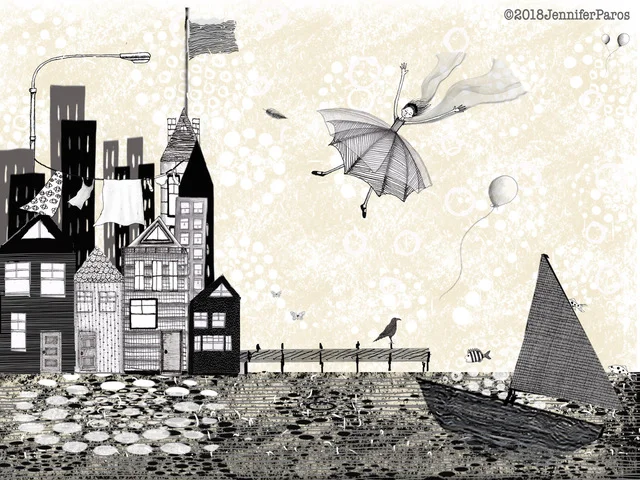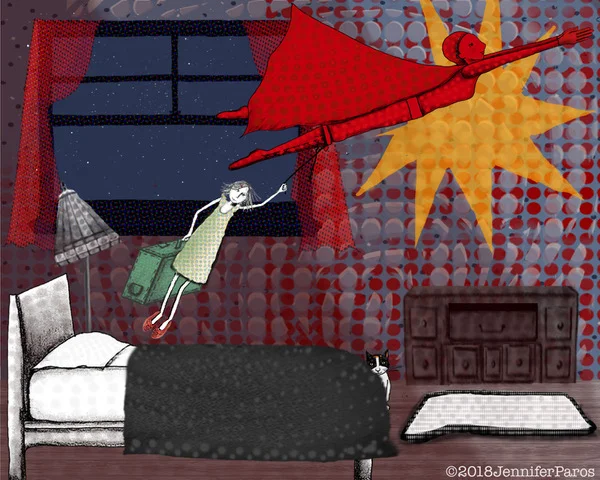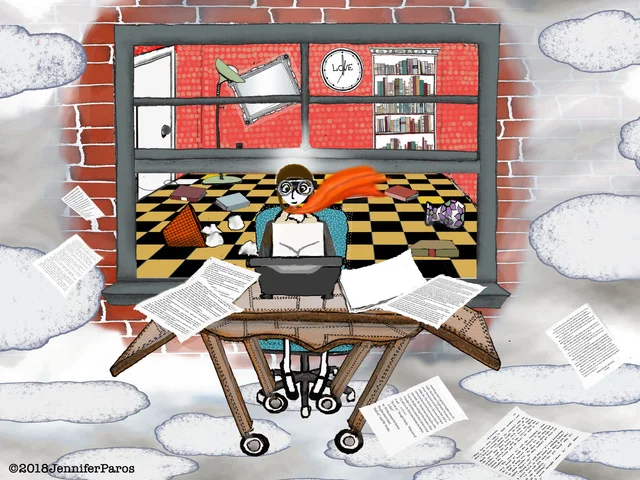In two years, between the ages of six and eight, I changed schools four times – once because we moved, then because of an alcoholic teacher, then for a better program, then because that program ended. In third grade I entered my fourth new school in two years mentally adrift, and life became surprisingly nightmarish. I was so consistently frightened of school that I considered running away. I imagined climbing out onto the very small overhang of my second floor bedroom window, jumping down to our backyard, and running off into the night. The problem then (beyond possibly breaking bones) was I had no destination.
A destination is defined as a place to which one journeys or “the purpose for which something is predetermined.” It could also be thought of as an internal intentional goal, a mental/emotional place to go, to put our attention. Without one, running away (out in the world or in one’s mind) becomes a never-ending endeavor.
Read More













